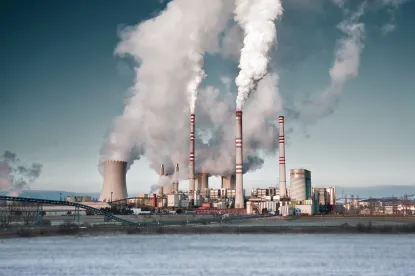On 20 December 2019 the Dutch Supreme Court delivered its judgment in the case of Urgenda against the Dutch State. In 2013, the NGO Urgenda started a civil law procedure against the Dutch State for “knowingly exposing its own citizens to danger” by not taking sufficient measures to prevent climate change and therefore not preventing the foreseeable harm caused by climate change. The Dutch government acknowledged the potentially harmful consequences of climate change, but argued it could not be ordered to act via a court procedure.
Background
On 14 April 2015, the District Court of The Hague, in a groundbreaking decision, ruled in Urgenda’s favor. The Dutch State appealed. On 9 October 2018, the Court of Appeal of The Hague upheld the judgment of the District Court. The difference between the two judgments is that the Court of Appeal found that the European Convention for the Protection of Human Rights and Fundamental Freedoms (ECHR) could be invoked directly. Urgenda invoked ECHR articles 2 (right to life) and 8 (right to respect for private and family life).
Appeal to the Supreme Court
The Dutch State appealed to the Supreme Court, arguing that the judicial powers are not permitted to assume the position of the legislator to this extent.
The Supreme Court upheld the judgment of the Court of Appeal and obliged the Dutch State to take all necessary measures to reduce greenhouse gas emissions by 25% before the end of 2020 (in relation to 1990). A 25-40% reduction of greenhouse gas emissions is the goal based on international consensus, with 25% being the minimum. The Dutch State previously aimed for 30%, which was changed after 2011 to 20% for 2020.
Notwithstanding the Netherlands’ limited contribution to global greenhouse gas emissions, the Dutch Supreme Court found that the Dutch State is obliged to act in accordance with the ECHR and the Paris Climate Treaty. The Supreme Court reasoned that if there is a real, foreseeable threat of danger due to greenhouse gas emissions – a widely accepted viewpoint amongst scientists, governments, and NGOs – the Dutch State must take preventative measures.
The Supreme Court indicated that although the Dutch government and parliament oversee policy development, this development must occur within the legal framework, of which the ECHR is part. The judiciary has the power to assess whether policies are sufficient within that framework. In the Urgenda case, the Supreme Court decided that current governmental measures are insufficient. Since its role is limited to this assessment, the Supreme Court ordered the Dutch State to take the minimal required measures (25% reduction of greenhouse gas emissions). How these measures will be executed is up to the Dutch government and parliament.
What’s Next?
The Supreme Court is the highest Dutch judicial authority, so the Urgenda judgment is final and definitive. In fact, the judgment is a likely forerunner for more climate-related litigation, and is already being used by analogy in foreign climate court cases.
Urgenda is currently (in cooperation with other NGOs and individuals) working on a civil law case to hold a major oil company responsible for its alleged role in climate change. Time will tell whether companies in the Netherlands can be held liable for such purported failures to align their business models with the goals of the Paris Climate Agreement.





 />i
/>i

